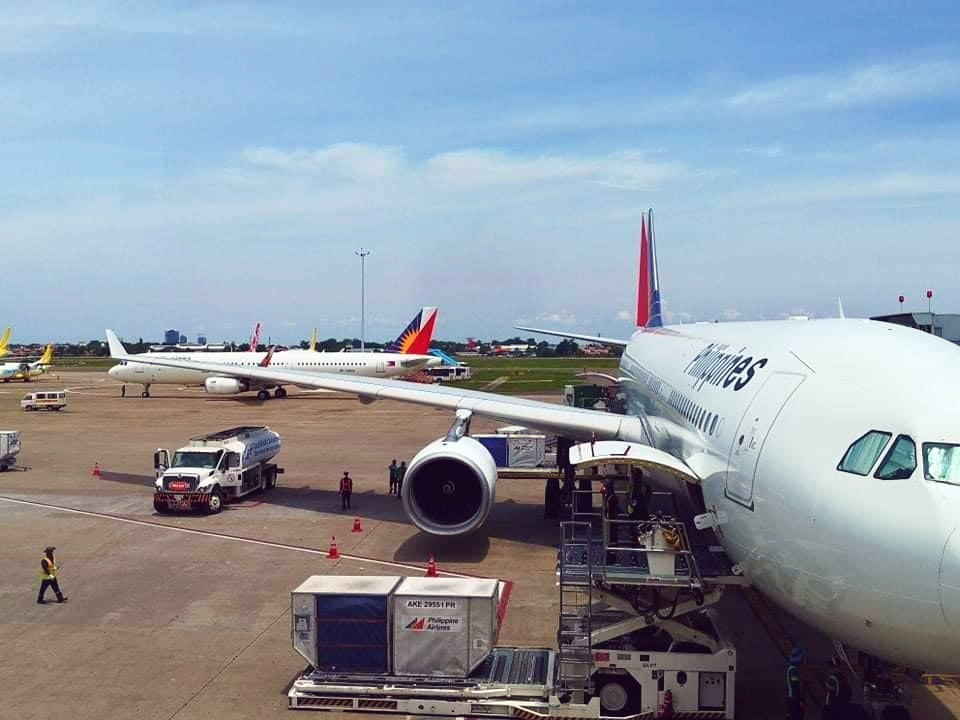AirAsia MOVE has clarified recent concerns about fare discrepancies on its platform, following a cease and desist order from Philippine authorities.
In a statement released on June 2, MOVE CEO Nadia Omer assured the public of the company’s cooperation with the Philippine government to ensure fair pricing and consumer protection.
The company emphasized that it does not manually set or manipulate ticket prices. As an Online Travel Agency (OTA), MOVE displays airfares provided by upstream partners, such as Global Distribution Systems (GDS) and third-party aggregators.
MOVE explained that a technical synchronization issue with its pricing partner led to temporary fare display errors. This affected various routes, including domestic flights operated by Philippine Airlines. The same issue also impacted other platforms, including Agoda, Kiwi.com, and Traveloka.
Once the issue was identified, MOVE said it immediately coordinated with its provider to resolve the problem and implemented stronger safeguards to avoid future errors.
MOVE stated that it is fully compliant with all local regulations and continues to work closely with the relevant authorities. The company has also welcomed the opportunity to clarify the matter further through proper legal channels.
This clarification follows an order from the Civil Aeronautics Board (CAB), which accused MOVE of selling airline tickets—particularly for Philippine carriers—at prices exceeding approved fare structures. The Department of Transportation (DOTr) held a press conference last week to announce the issuance of the Immediate Cease and Desist Order.
In response, MOVE Travel Sdn. Bhd.—AirAsia MOVE’s parent company—acknowledged the order and stated in a May 29 letter that while it would comply, the CAB’s regulatory authority under Republic Act 776 applies to air carriers, not foreign-based OTAs. The letter was submitted via email and signed by the company’s general counsel.
Despite the controversy, MOVE reaffirmed its commitment to supporting the Philippines’ tourism goals through digital innovation and expanded regional connectivity. Since its local launch, the platform has reported strong growth, with 85% of bookings driven by domestic destinations such as Manila, Cebu, and Boracay.
The company also reported a 28% year-on-year increase in international bookings to the Philippines, reflecting continued demand across ASEAN markets.


























Leave a comment